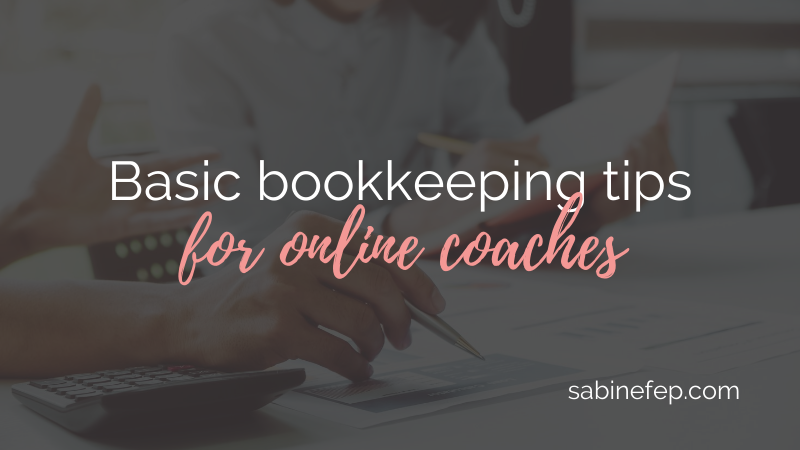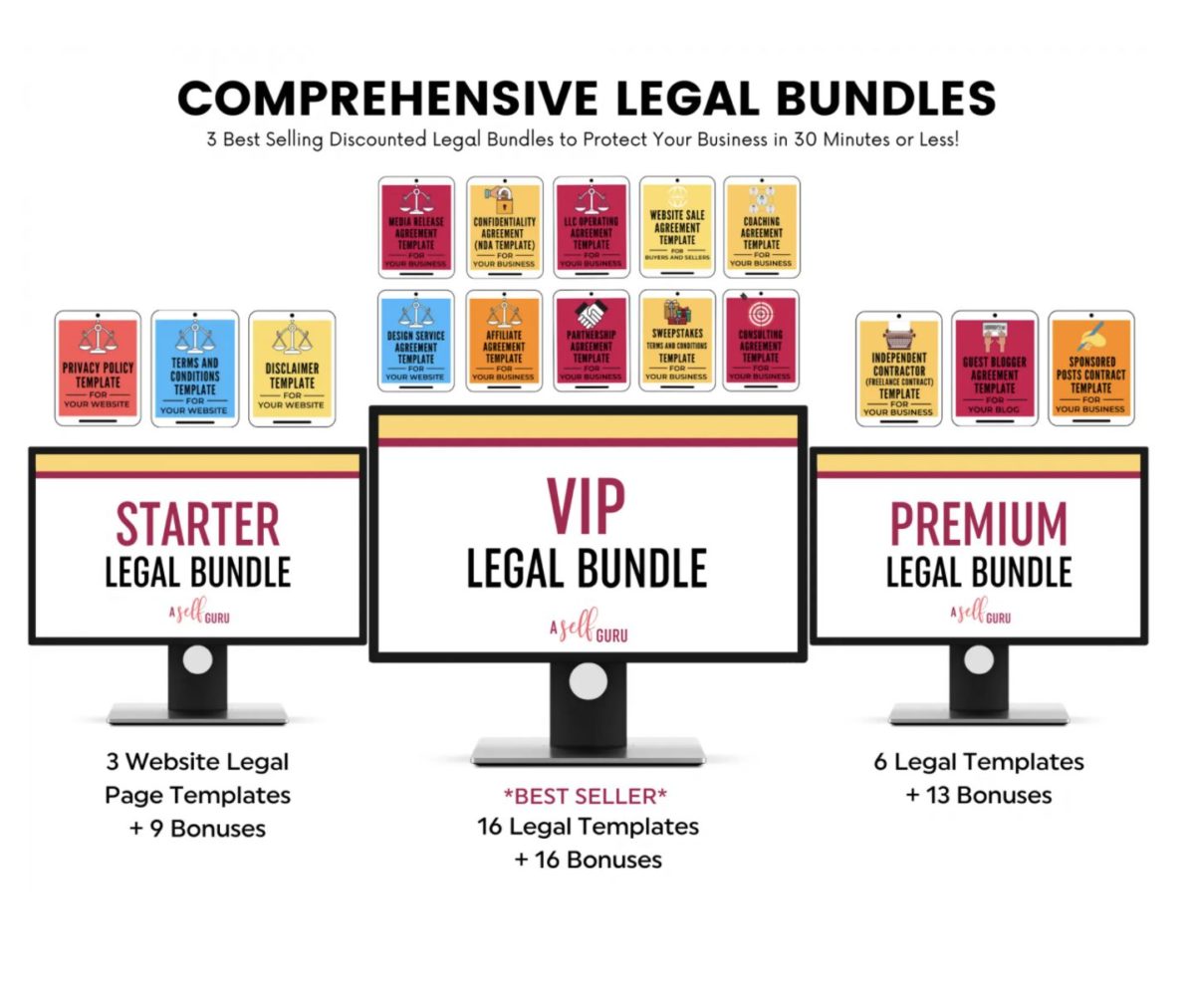Basic bookkeeping tips for online coaches

Bookkeeping is the recording of a business’s financial transactions. Any transitions should be recorded by a bookkeeper, which sounds simple enough. However, for new business owners, learning bookkeeping can be overwhelming and confusing when you first get started.
In another article, I mentioned 8 essentials to run an online coaching business but bookkeeping could easily be number 9.
Whether you’ve registered as a solopreneur/sole trader/independent worker or you decided to go down the route of registering your online business as a company – LLC in the US or Ltd in the UK, regular bookkeeping is key at the moment of assessing the financial stability of your business.

Become familiar with and set up your chart of accounts
Your chart of accounts is the backbone of your business and is a necessity to properly record your transactions. You can buy any ledger book at an office supply store, but it will be easier to step up your chart of accounts with accounting software and other accounting tools.
Most software that is designed for sole traders or small businesses will have a default chart of accounts, so you can get started easily.
In most cases, you can edit the chart of accounts to suit your business better. It’s also a good idea to get familiar with the accounts that are included in your chart of accounts, which will make it a lot easier when you start entering financial transactions.
There are five main types of accounts in accounting, namely assets, liabilities, equity, revenue and expenses. Their role is to define how your company’s money is spent or received.
Begin recording financial transactions
Every transaction in your business needs to be recorded, either in your ledger book or in your accounting software.
This process can be very simple, such as preparing an invoice for a customer, or more complex, like setting up your electric bill to be paid. One of the best things about using accounting software is that the debits and credits involved in creating an invoice are all sorted out behind the scenes for you.
For example, if you prepare and post an invoice the amount of $200 to Joanne Smith for coaching services, you will need to record that information in a journal entry. When Joanne Smith pays the invoice and the payment is posted, the correct amount will be displayed in your accounts. This makes it much easier to keep track of any outstanding funds, so you don’t lose out on unpaid invoices.
Reconcile your bank accounts
Traditionally, you would need to wait to get your bank statement every month and reconcile the transactions on the statement with those that you have posted in your ledger or accounting software. The purpose behind doing this every month is to look at what payments and invoices are still outstanding, record any bank transactions, and add any additional charges you have, such as account fees.
Reconciling your accounts gives you an accurate cash balance, which can very important for smaller businesses that have a more limited cash flow.
One of the advantages of using accounting software, rather than a ledger’s book, is that a lot of reconciliation processes can be completed just by linking your bank accounts to the software that you’re using. This means you can reconcile your accounts daily or weekly, making the process at the end of the month a lot simpler.
If you choose to not link your software with your bank, you will need to reconcile your accounts yourself manually. Whichever way you choose to do it, it’s an important process to complete on a regular basis.
Here’s a selection of accounting software that could be great for online coaches:
- Xero (It integrates with so many things too so you won’t need to manually transfer information between systems)
- Dubsado
- Bench
- Freshbooks
- FreeAgent (It’s easy to understand and syncs with your bank account. It does all the reporting too, and tax calls)
- Quickbooks
If you’re struggling with basic accounting, I would recommend taking one of the bookkeeping courses on Udemy and getting yourself familiar with the ins and outs of accounting for small businesses. Understanding bookkeeping and accounting may seem daunting at first but knowledge is power. The more knowledgeable you’ll get with it, the better it will be for you and your business as you grow.
If you’re looking for a complete guide on bookkeeping for online coaches (and consultants), head over to Bean Ninjas for their “Profitable Coaching Business: A Guide to Improving Financial Health through Bookkeeping”.
Need some help with your overall marketing strategy? Let’s talk
Want to grow your mailing list faster (even as a newbie).
Add these 3 critical components to your freebie to turn your followers into serious subscribers.
↠ so that you gradually grow a list of dream clients willing to hear from you and ready to buy
↠ so that you don’t waste your efforts and money talking to an uninterested audience or freebie seekers
Download now my free PDF guide and learn:
– The most important exercise to attract hundreds of new subscribers every month.
– How to connect your lead magnet to the rest of your offering
– The one thing that will make it 10x more effective once people get access to your freebie.
Simply enter your details below:










